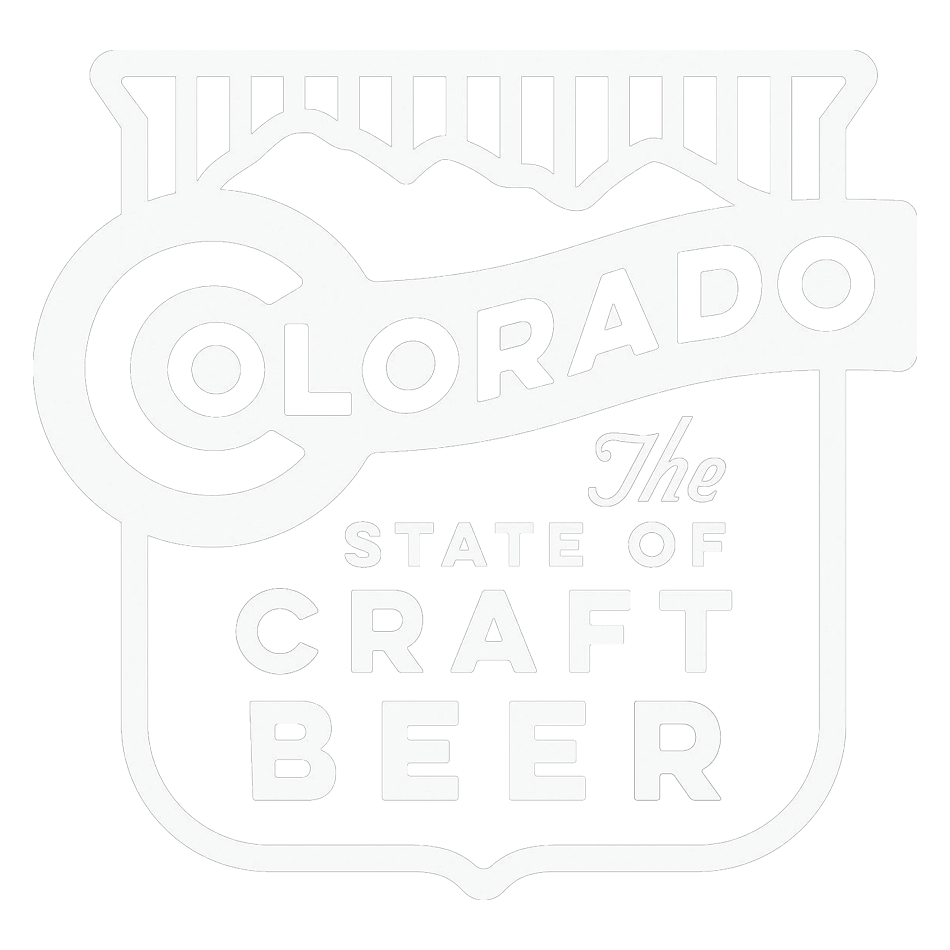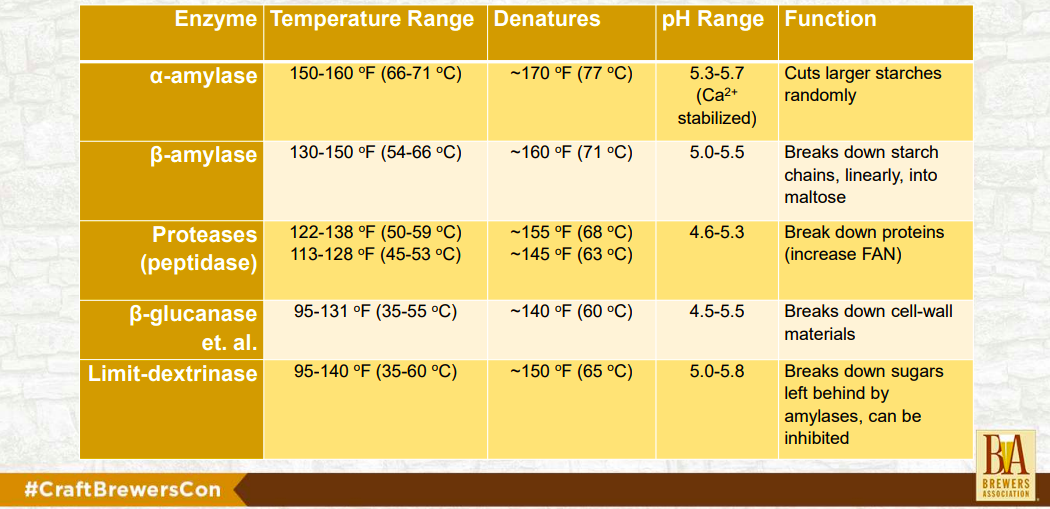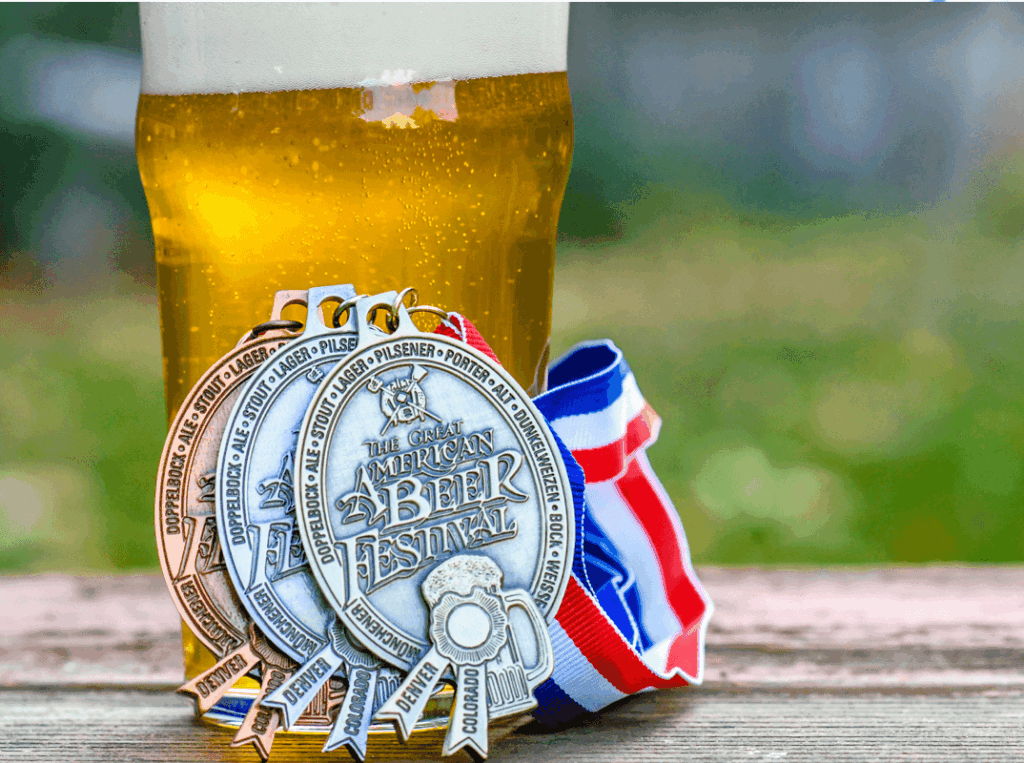Intro:
It’s no big secret in the brewing industry that yeast likes to gobble up sugar to create one of the most magical libations out there. Beer. But where do the sugars come from? How are they created?
Sugar Formation
The majority of sugars used in the brewing process come from starches that are derived from the malted barley used in the mashing process. During the malting process, maltsters trick the barley kernels into thinking it’s time to sprout by soaking them and getting them to spring into action. This germination process loads the grains with the carbohydrates and enzymes necessary to help the grain grow until it comes out of the ground and can start producing energy via photosynthesis.
This is where we humans hijack the process. Instead of letting the seeds sprout and grow, we dry them out to shut down the process, giving us modified malted barley that is loaded with the starches and enzymes necessary to create the sugars needed to make the nectar of the gods…
What are Enzymes?
So what are these magical molecules that turn starches into sugar? Enzymes are made of amino acids strung together to form a protein. The order of the amino acids is very unique and it is this uniqueness that allows the enzymes to unfold into very specific shapes to do very specific tasks. Because of this the enzyme is very limited in what it can do, but man is it effective at what it does.
How do they Work?
The basic function of an enzyme is to act as a catalyst for specific chemical reactions, helping to speed up the reaction. The shape of the complex, folded chain allows smaller molecules to fit inside and interact with the enzyme. The spot on the chain where the smaller molecules interact is called the active site and this is where the magic happens. For instance, if you take two glucose molecules and bond them together you get maltose.

The maltase enzyme is designed solely to take the maltose molecule and break it into two glucose enzymes. It’s the only thing it can do. But it’s a world leader at what it does. Nobody is better.

Types and Function
There are many enzymes that are active in the brewing process. Below is a table that lists several enzymes and their role in brewing.

The Importance of Temperature
When most brewers think enzymes, alpha and beta amylase come to mind. During the mash process alpha-amylase creates soluble, non-fermentable sugars out of the long, complex insoluble starch molecules that are then broken down even further by the beta-amylase enzyme into fermentable sugars. Similar to humans, both of these enzymes have a temperature range where they work best Alpha-amylase works best in the range of 145°F to 158°F while beta-amylase works best from 131°F to 149°F.
So here’s the tricky part. We need both of these enzymes to work to give us the sugars we need but there’s a fairly small range where both are effective. Both enzymes are most active at the upper end of their respective temperature ranges, but this is also where the temperature starts to deform the enzymes by changing their shape. This process is known as denaturing and it renders the enzyme unable to do its job. So we need to strike a temp that is near both ranges. If we run the mash at a lower temp, say 148°F-150°F the beta-amylase stays active and creates more fermentable sugars, resulting in a drier beer. If we have a slightly higher mash temp, around the 152°F-154°F range, we start to rapidly denature the beta-amylase, resulting in more non-fermentable sugars giving a beer with more body.
Time to Study
Obviously there’s a lot more going on than is talked about here but it gives you a quick look at enzymes and the importance they play in the brewing process. Other factors such as pH and mash concentration also effect enzyme efficiencies and should be considered in your process. Study up on these factors and learn to make your process the most efficient it can be. It’ll make better beer, and we’ll all benefit from that.
Cheers,
Jason Ford, Founder/Brewmaster Broken Compass Brewing
Want to learn more? Check out the Brewers Association’s presentation on Practical Enzymatic Brewing








